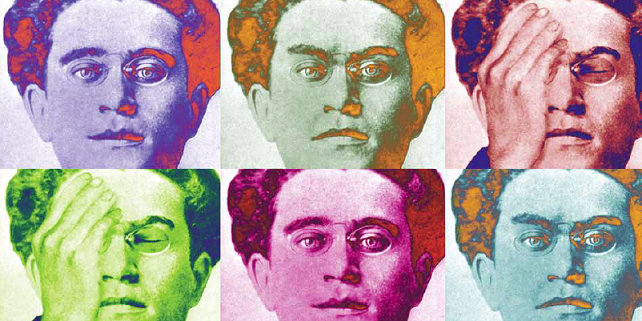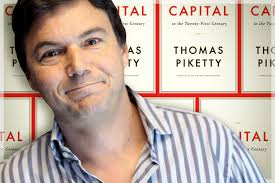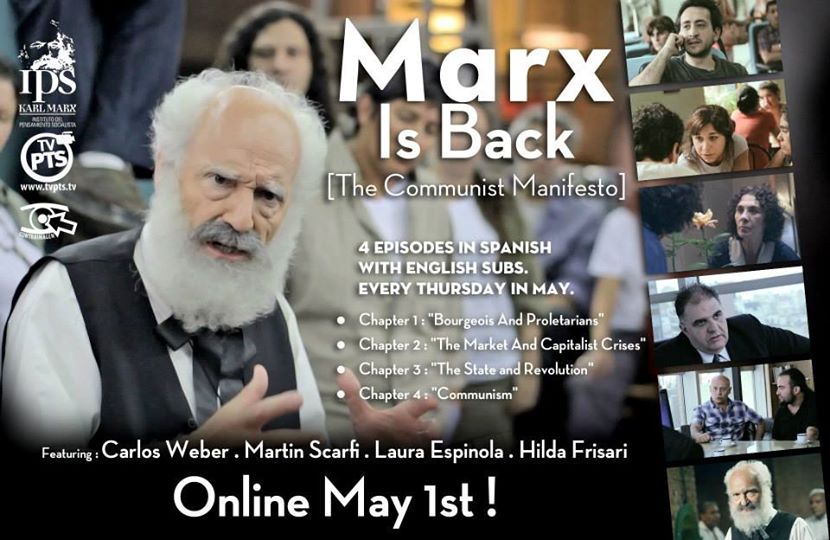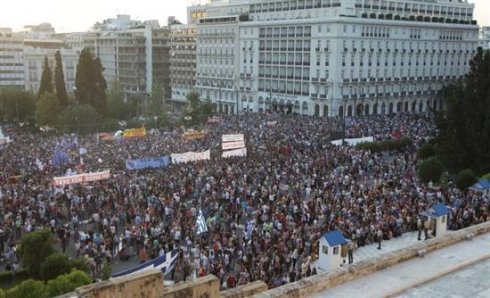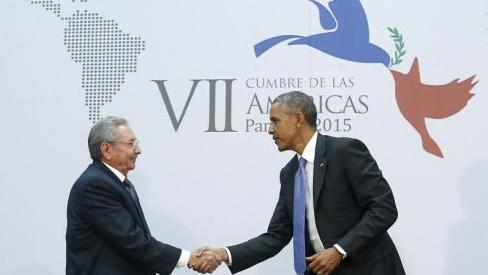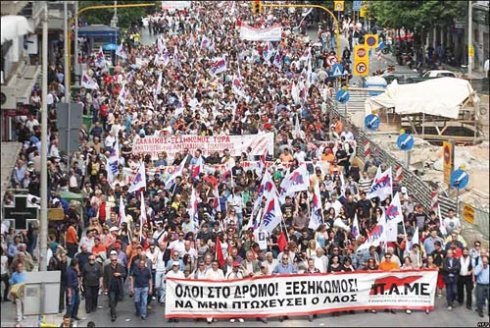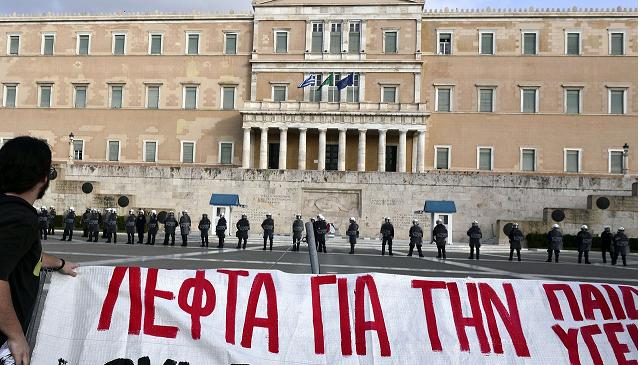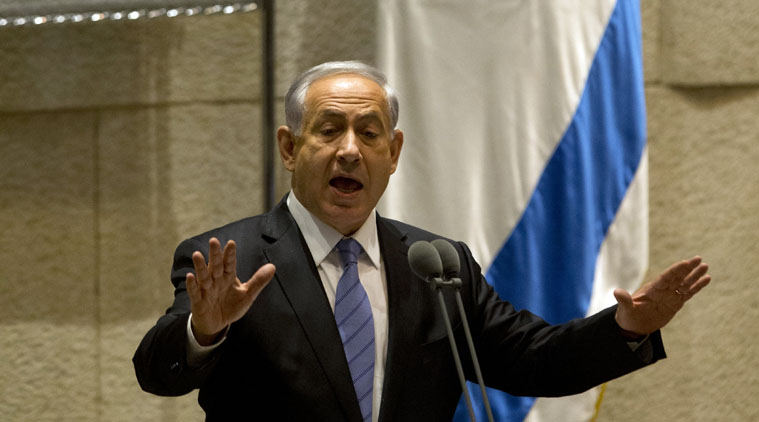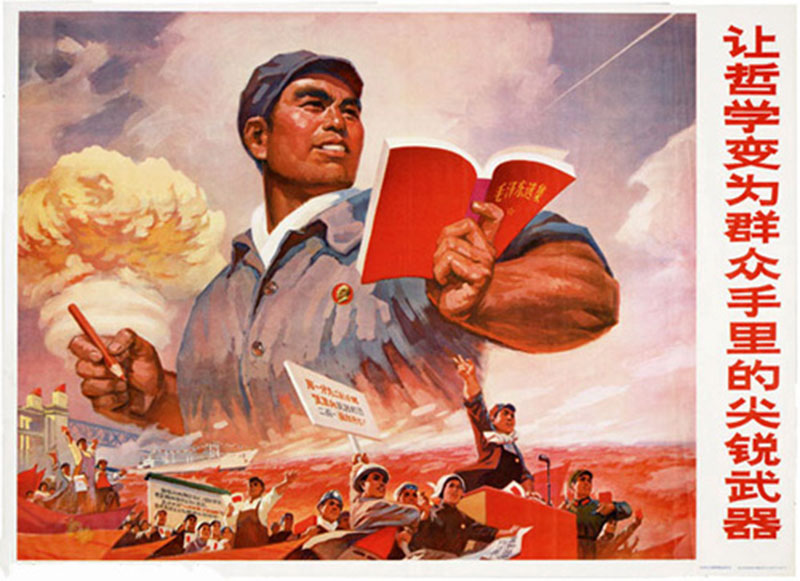VIII International Conference FT
Intellectuals, ideas and the crisis
29/08/2013 Interview
By: Gastón Gutiérrez, IPS Karl Marx
Thursday, August 22, 2013
We interviewed Emmanuel Barot, a philosopher of the University of Toulouse II – Le Mirail, and a militant of the CCR (Revolutionary Communist Tendency) of the NPA of France, during his stay in Buenos Aires for the Conference of the Fracción Trotskista – Cuarta Internacional.
– GG: How do you see the ideological panorama in the light of the crisis?
EB: Seven years after the beginning of the world crisis, undoubtedly, one of biggest in the history of capitalism, we must see that its effects on the level of theory are slower than the effects on the economy and the real life of the masses. I believe that in order to think about the ideological situation, we must begin by pointing out that the first effect of the crisis is that it has turned into an object of theoretical reflection, because of the need to understand it more profoundly. It is an historic, economic, cultural, political crisis and a crisis of legitimacy, a crisis of the "totality" of capitalism, interpreted in certain cases as a crisis of civilization.
Intellectuals cannot avoid the task of interpreting what is happening, and the disagreements among intellectuals are about the causes: whether the crisis is solely financial or is a systematic crisis, a crisis of capitalism as such. In addition, there is a political effect of the crisis, phenomena that put pressure on intellectuals: class struggles, the problem of the deterioration of living conditions, and the crisis of governments. The crisis produces not only a theoretical effect on intellectuals, but also a political effect: it is necessary to take a position, in view of the conflict, and choose a "camp."
– GG: Politics in Europe is becoming polarized, on the far right with Golden Dawn in Greece and the murder of the leftist militant Clément Méric in France, and on the left with the struggles in Portugal, Greece or Turkey: What effects does this polarization have on the intellectual camp?
EB: Precisely another one of the obvious effects of this crisis is the increasing political polarization, that reflects the growth of social conflict.
From among the effects of the crisis, we could distinguish three types of phenomena that have an impact on the ideological situation. Up to now, the crisis has had a specific centrality, but all the elements experience mutual feedback, and we can see the relationships among the economy, politics, the ideological phenomena and the intelligentsia.
First, the social struggle in general against the immediate effects of the crisis and the deterioration of the conditions of work and life, as we see in strikes and struggles.
Second, the type of mobilizations that have also occurred in the context of the crisis, that are the movements and rebellions in northern Africa: the "Arab revolution." They are popular uprisings, that are not limited only to social conflict, but that combine the social demands with democratic demands.
We have countries in which the first phenomenon takes precedence; obviously in France there are only movements of the first type, while in northern Africa we had uprisings that broke the local or national equilibrium. But these two phenomena are increasingly combined in each country.
The final piece of information that we have are the actions in Turkey, that are a mixture of these two types of struggle.
Similar elements appear in the "Occupy" movement of the US, but in Turkey, it is combined with aspirations from which something just like a revolution or popular uprising emerges, as in the Arab world. There are movements that are of the first type, and others of the second, but from "Occupy" up to the May 15 movement in Spain, what makes them comparable is their joint aspiration for struggle against the capitalist crisis.
The most advanced processes are blows against the political superstructure of the ruling classes, that, although they appear at first with democratic slogans, have a class demand, as well. Faced with this, most intellectuals talk about "people," but they do not talk about the "proletariat" nor about the working class. It is important to understand how in the second type of phenomena, in the intervention by the "people," the proletariat is active.
The third type are the new political phenomena, on the extreme right, like Golden Dawn. We must think about what the appearance of movements of the extreme right, reactionary or fascist, means as a reaction to the crisis. In France, this reappeared around the mobilizations against marriage equality ("marriage for everyone"), that mobilized millions in France and allowed "reactionary activism," like those that murdered comrade Clément Méric, to go on the offensive.
The intellectuals disapprove of this, as is usual, but, from a republican point of view, with a classic policy of condemning the National Front as a party contrary to the Republic and demanding of the bourgeois state that it intervene. A deep understanding of the phenomenon and greater commitment among the majority of the intellectual camp has not emerged.
The conclusion of all this is that there exists a completely new world to think about, and the intelligentsia is not equipped to do it. These changes break with the routine of social and intellectual life, and they contribute to the increasing politicization of intellectuals.
– GG: The crisis has brought as a result, a return of interest in the ideas of Marx among a broad audience. How do you see that this phenomenon is reflected among French intellectuals?
EB: In the context of the current crisis, Marx has returned, and Marxism in general, in different theoretical tendencies. André Tosel’s formula of the "thousand Marxisms" applies, because dispersion and disagreement are continuing. The political groups and the groups in the university essentially continue on separate tracks. There is much diversity, but the common point is that most Marxist academics have not returned to a connection, lost 30 years ago, between theory and practice. Or a unity among philosophical, economic, scientific understanding of the social and historical totality of capitalism, increasingly crossed by its contradictions, and a strategy through which the workers will unite and strike at the dictatorship of capital.
The biggest symptom of this situation of isolation from practice is the fact that most intellectuals talk about Marxism, but they do not say a word about the proletariat. It is possible to talk about the workers, but they refuse to talk about them as an historic subject of emancipation.
The goal of the strategy of communism is not a simple object of theory for intellectuals of the left, nor a utopian ideal; rather, it is a "real movement," as Marx says. Here the workers of Zanon, next to other experiences of resistance and combat of the workers in the world, whether they are already more or less advanced, teach with their experiences, that the contradiction between labor and capital is not an abstraction for the workers, but a fight that occurs every day. The historical continuity of revolutionary Marxism is also the continuity of a strong bond between theory and practice.
August 21, 2013
